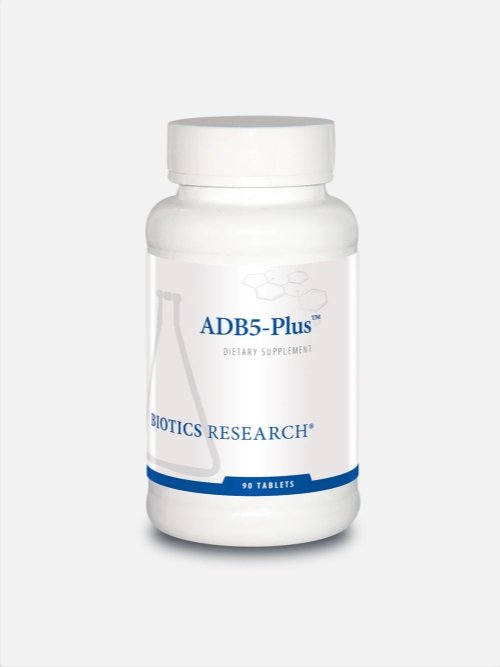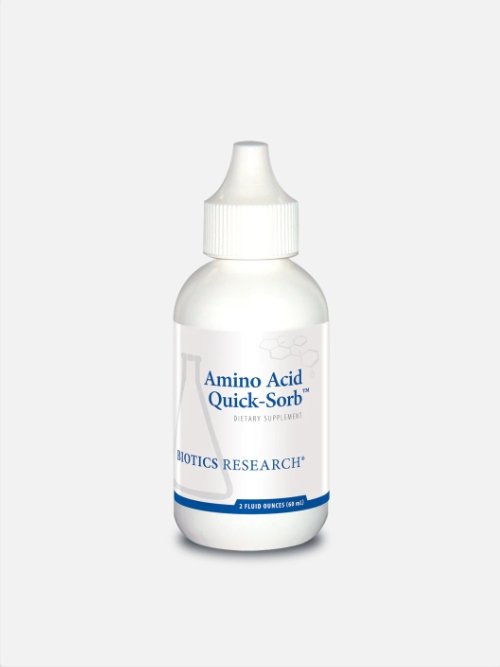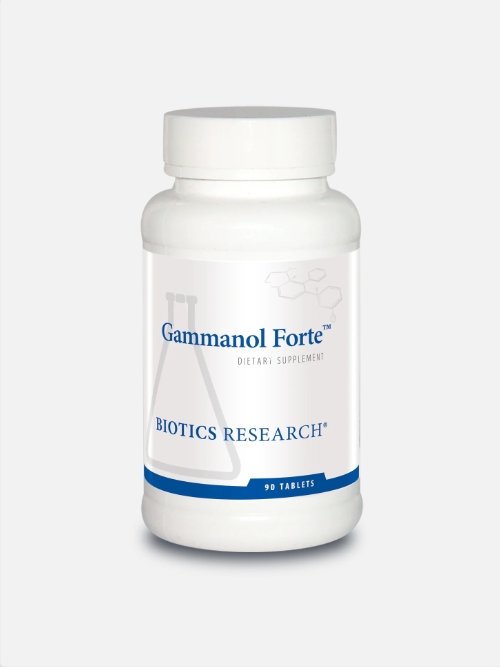 Image 1 of
Image 1 of


Cardio-Lipid
Biotics Research Cardio-Lipid, formulated with Mark Houston, MD, provides five key complementary compounds with an established evidence base for their lipid-supportive properties. These nutrients, which include red yeast rice extract, phytosterols, garlic, berberine, and delta-tocopherol, provide support for healthy lipid metabolism and cardiovascular health. In addition, the ingredients in Cardio-Lipid have been shown to modulate the body’s natural inflammatory response as well as healthy blood pressure, arteries, and coronary artery calcium scores. The natural ingredients in Cardio-Lipid are very well-tolerated, and in clinical trials, have generally enhanced the effects of other lipid-supportive agents.
Biotics Research Cardio-Lipid, formulated with Mark Houston, MD, provides five key complementary compounds with an established evidence base for their lipid-supportive properties. These nutrients, which include red yeast rice extract, phytosterols, garlic, berberine, and delta-tocopherol, provide support for healthy lipid metabolism and cardiovascular health. In addition, the ingredients in Cardio-Lipid have been shown to modulate the body’s natural inflammatory response as well as healthy blood pressure, arteries, and coronary artery calcium scores. The natural ingredients in Cardio-Lipid are very well-tolerated, and in clinical trials, have generally enhanced the effects of other lipid-supportive agents.
Biotics Research Cardio-Lipid, formulated with Mark Houston, MD, provides five key complementary compounds with an established evidence base for their lipid-supportive properties. These nutrients, which include red yeast rice extract, phytosterols, garlic, berberine, and delta-tocopherol, provide support for healthy lipid metabolism and cardiovascular health. In addition, the ingredients in Cardio-Lipid have been shown to modulate the body’s natural inflammatory response as well as healthy blood pressure, arteries, and coronary artery calcium scores. The natural ingredients in Cardio-Lipid are very well-tolerated, and in clinical trials, have generally enhanced the effects of other lipid-supportive agents.








